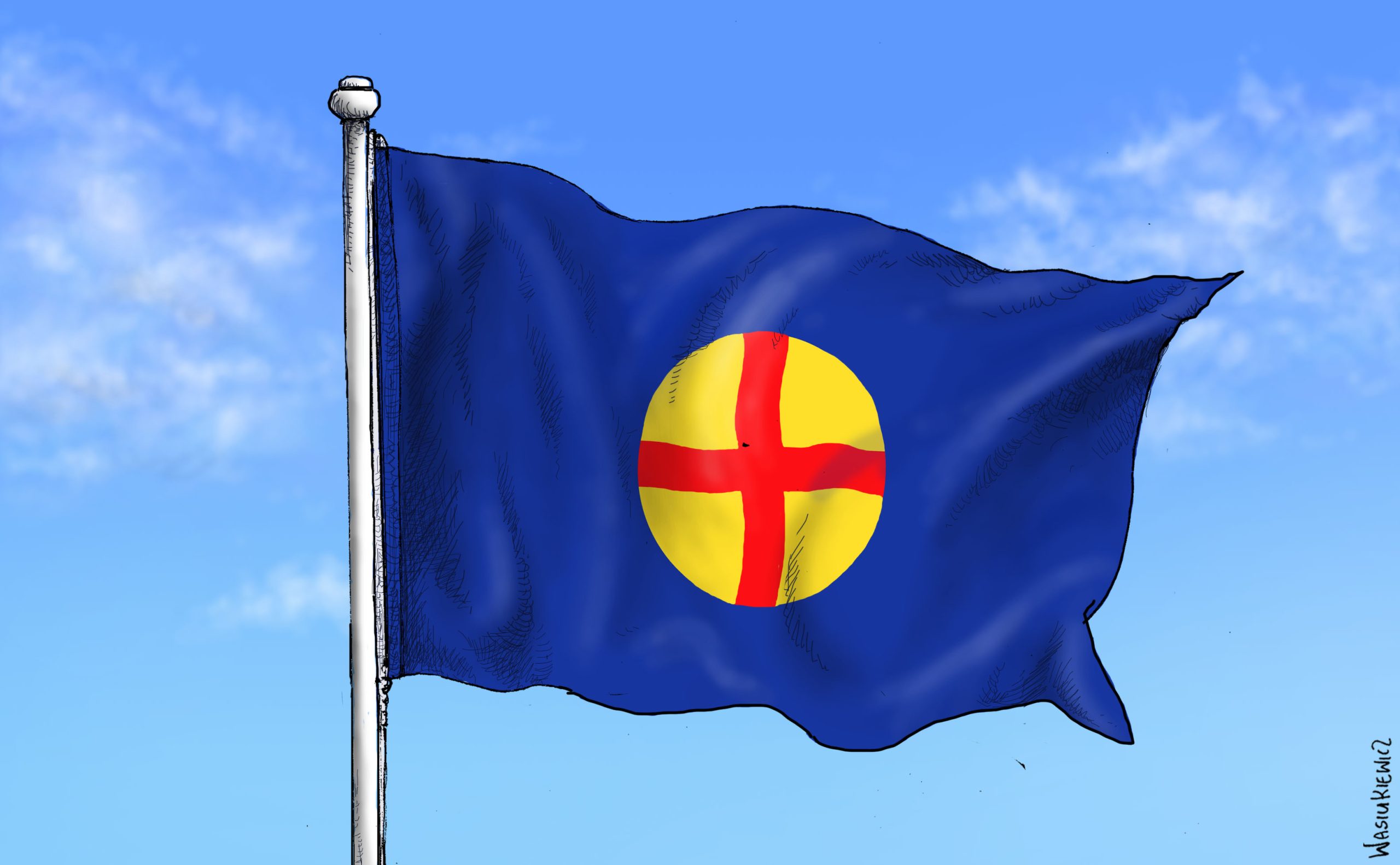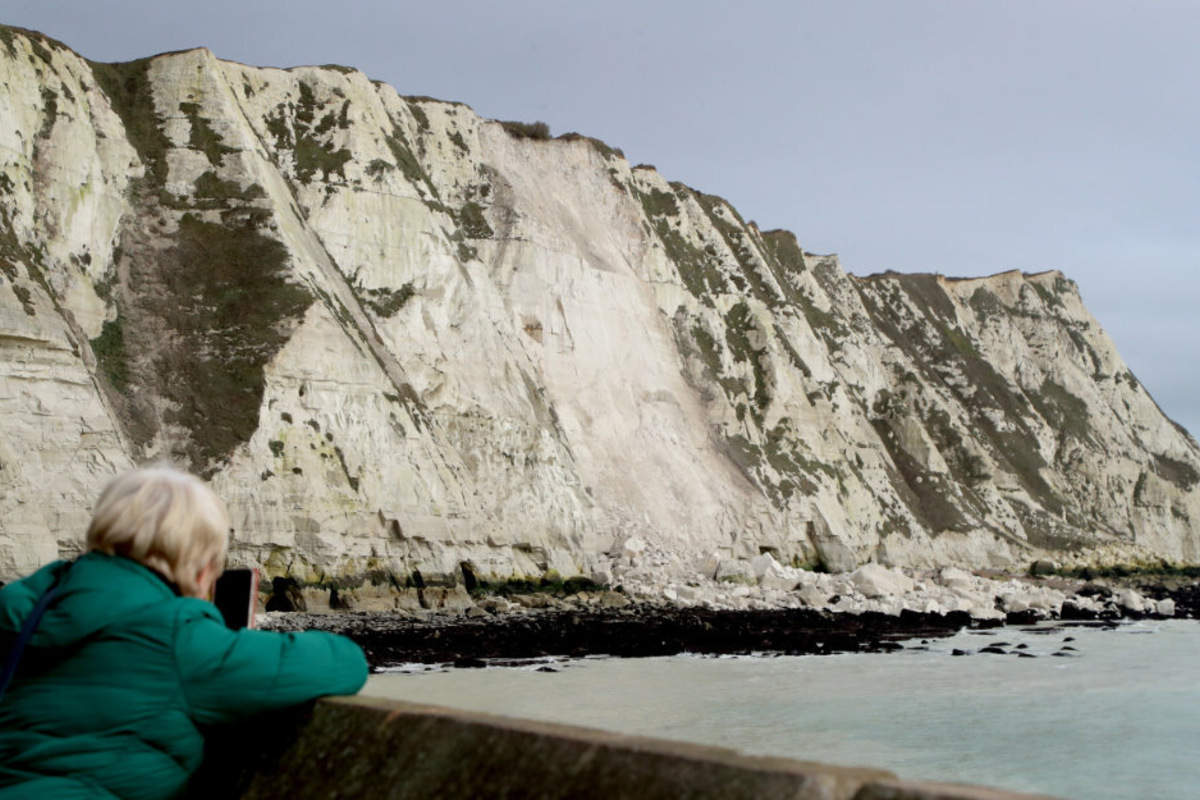Europe needs to strengthen its defences. Achieving this goal requires cooperation beyond the European Union.
With the war raging in Ukraine, attention has returned to the concept of European defence. French President Emmanuel Macron has been pushing hard for a common defense policy for the European Union, but that strategy has many flaws.
A peninsula in the extreme west of the Eurasian continent, Europe cannot be reliably defended without Iceland, Norway, the United Kingdom and Turkey: four countries that are not part of the EU.
Norway and Iceland have strategic locations on Europe’s north-west flank and Turkey on its south-east. They control the most important access points to the North Sea and the Mediterranean. The UK has one of the biggest and best militaries in the world – it will be vital in defending Europe.
There can be no “defense sovereignty” for the European Union, even if a common defense policy is agreed.
The Role of NATO
All four countries mentioned are part of NATO. The North Atlantic Alliance has served its members well over the past 70 years and enthusiasm for joining remains high. The group of 30 has added 10 countries over the past 20 years, most recently North Macedonia in 2020 and Albania in 2017.
Last week Sweden and Finland, which for decades believed expulsion from the alliance best served their defense interests, both applied for NATO membership. On the one hand, the move was a blow to the Kremlin, which at least superficially started the war in Ukraine to stop NATO expansion.
On the other hand, it is not a geopolitical earthquake: both countries have been working closely with NATO for years. They will offer a little more geographical security in the Baltic Sea – nothing to dispute – but their position is not as crucial as that of Norway or Turkey.
A more robust European defense means that security measures can ultimately be taken independently of the North Atlantic Alliance, or at least have a greater say within the Alliance.
NATO got it right by having strong leadership – the United States – but not insisting on political integration. But Europe could do much better to ensure its own defence. Americans rightly often complain that Europe is getting the benefits of US military protection without sharing the costs adequately. Another ironic outcome of this war against Ukraine is that more European countries have committed to meeting NATO’s target of spending 2 percent of their gross domestic product (GDP) on defense.
This is a step in the right direction, but more can be done. Europe’s defense interests are not always entirely aligned with those of the US In the current context, Washington has made it clear that it intends to permanently “weaken” Russia. This kind of rhetoric fuels anti-Western sentiment in Russia. For the United States, an ocean away, such statements have fewer consequences than for Europe right on Russia’s doorstep. Eventually Europe will have to find a way to live with Russia. That may mean taking a different military course than the US
independent action
In addition, continuity in American defense policy has now diminished as presidents more frequently change course from their predecessors. It makes no sense to hold European security hostage to US elections.
With NATO being US-led, a more robust European defense means it will eventually be able to take security action independently of, or at least have a greater say within, the North Atlantic Alliance. It is significant that when there were problems in its neighborhood, in places like Serbia and Libya, Europe relied on NATO rather than act on its own.
Different regions of Europe have very different defensive attitudes. While most of the EU has recognized the threat posed by Russia, the defense policies of eastern members are more focused on this threat. Southern members, for example, have built their security measures around immigration issues.
One solution could be multiple groups of defense organizations loosely clustered around like-minded countries, but without the centralization and bureaucracy that advocates of an “ever-closer union” are calling for. One could imagine a coalition of European countries to secure the Mediterranean flank, or the “Intermarium” states from the Baltic to the Black Sea joining forces to protect Eastern Europe. This would not only include EU members – Turkey, the UK and others could participate.
Now is the time to finally strengthen Europe’s defences. Greater prioritization of security within national budgets and ad hoc groupings of EU members are among other solutions that will strengthen European defenses without requiring unnecessary centralization and harmonization.




